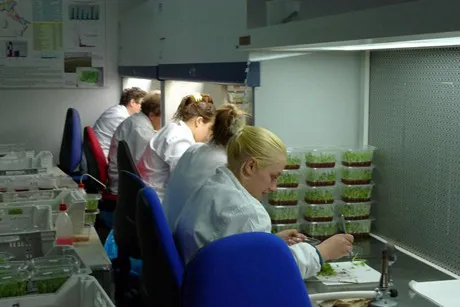
Microplant micropropagation lab
Microplant specialises in this segment with 700 thousand artichoke plants, multiplied in vitro meristematically. Most plants are sold to businesses and producers in Sardinia, Lazio, Sicily and Campania. "At the moment, 90% of artichokes in Italy are reproduced using traditional techniques, 5% meristematically and 5% with seeds. We opted for in-vitro propagation years ago," explains Mauro Masini from Microplant.
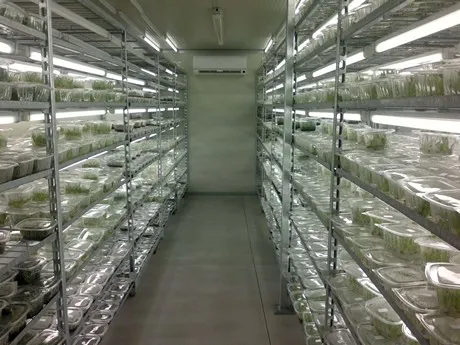
Reproduced plants are all the same starting from a mother plant. "This leads to higher yields, also because there are no failure problems. In addition, the fact that plants are healthier and more vigorous means more of them reach the end of the cycle."
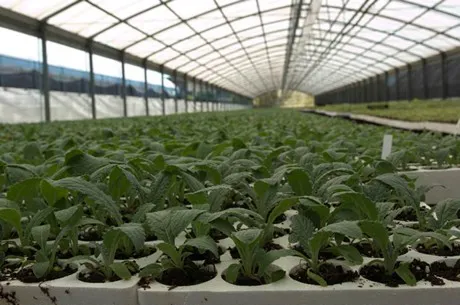
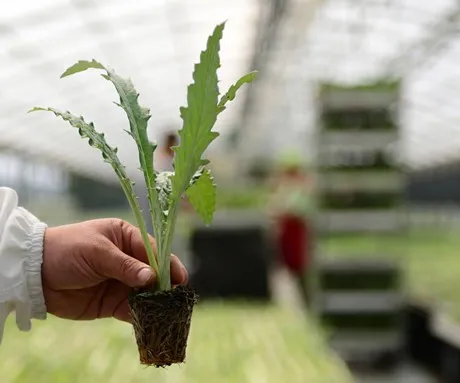
Egyptian producers are paid around 12 eurocents per artichoke, while Italian growers need to earn at least 40-50 eurocents per head to make a profit. This is a considerable gap that makes the African produce much more competitive.
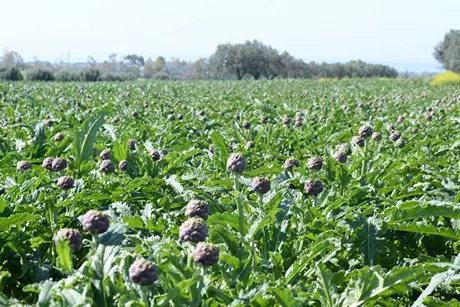
Field production
Microplant supplies plants that need to acclimatise as well as those ready for transplants. Orders are placed between February and March and plants are delivered between July and September.
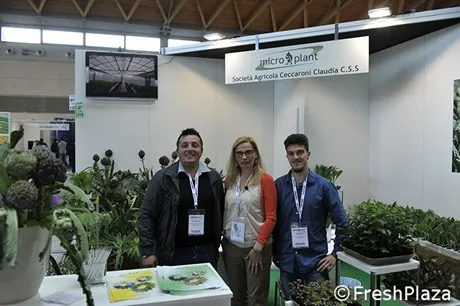
Macfrut 2017. left to right: Mauro Masini, Lorena Gori and Jacopo Santamaria
"I always recommend that producers use a layout to remain under 6500 plants per hectare, as a higher density could be counterproductive."
Contacts:
Microplant
Via San Cristoforo 2135
47522 Cesena - Italy
Mob.: (+39) 347/1050539
Tel.: (+39) 0547 317319
Fax: (+39) 0547 317319
Email: info@microplant.it
Email: masinimauro@microplant.it
Web: www.microplant.it
